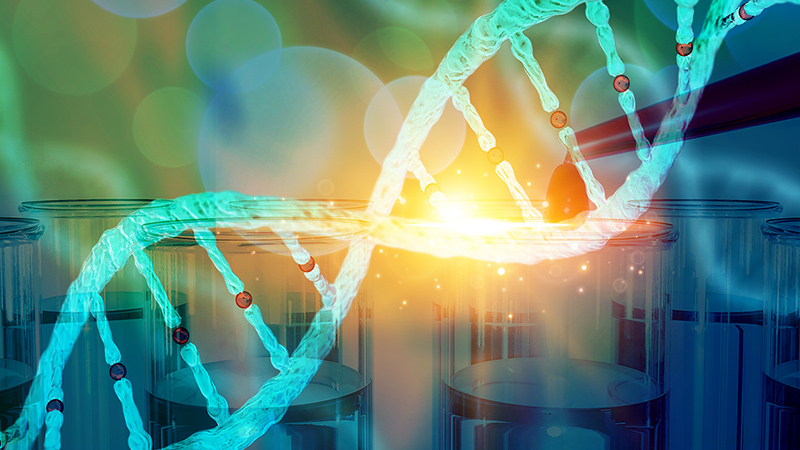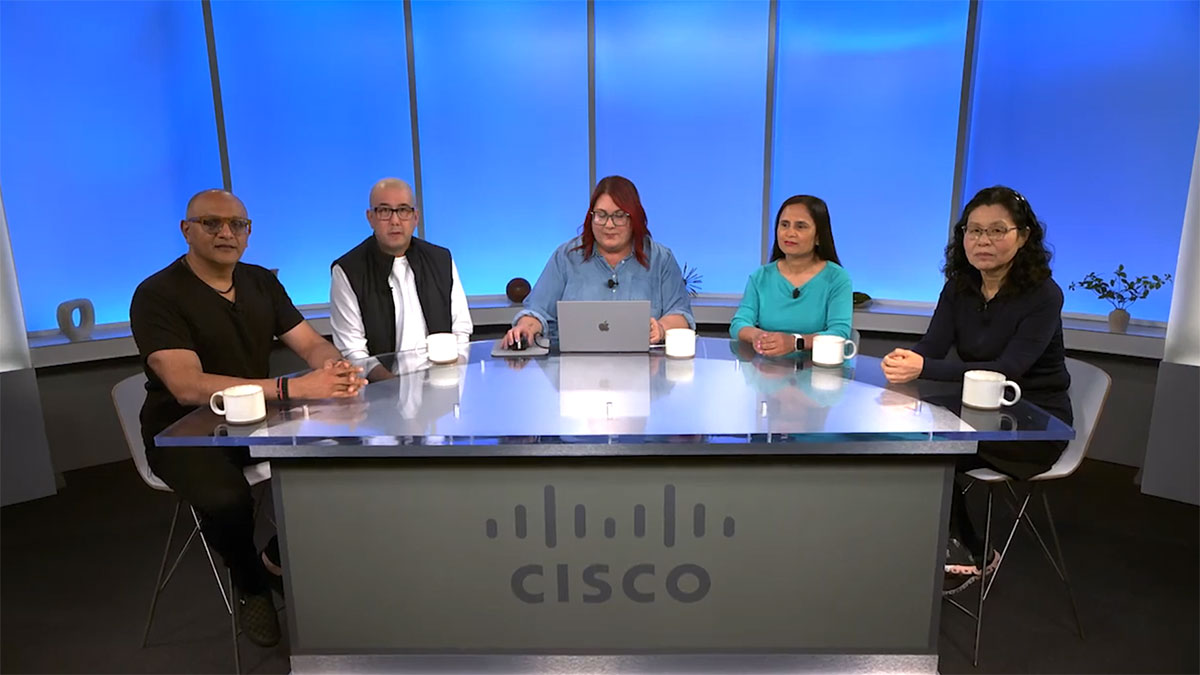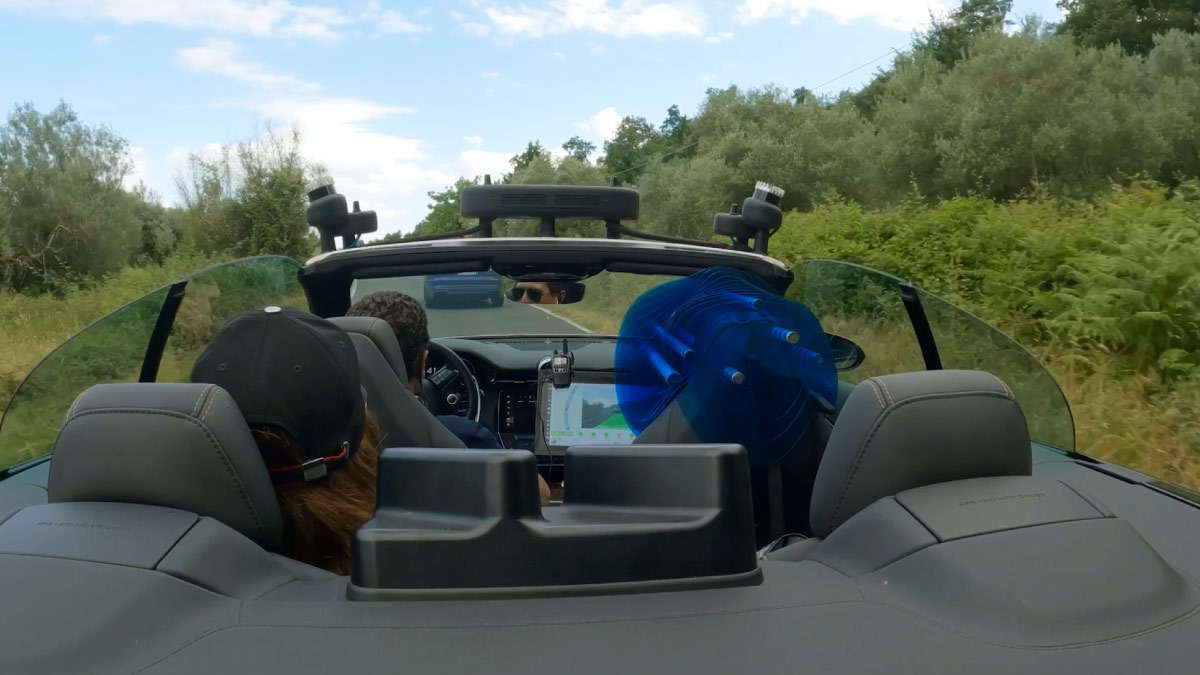Once upon a time, DNA collecting and sequencing was used primarily for medical purposes or in forensic science, known to the general public as the gathering of genetics for criminal investigations. Today, our genes are used to provide insights into a lot more—including what our perfect diet is, the best exercises for us, and our learning style.
According to Research and Markets, approximately 15 percent of the world’s population will have had their genomes sequenced by 2025, resulting in the generation of several zettabytes of data. (To give you some context, one Zettabyte is approximately equal to a thousand Exabytes, a billion Terabytes, or a trillion Gigabytes.)
From Ancestry.com to 23AndMe, swarms of people are sending in their DNA samples to learn their genetic history, and potentially find long lost family members. For people looking for romance, there’s even a dating app that connects people to their best genetic match. That's a lot of highly personal data to protect. Through the harnessing of blockchain technology and machine learning, some startup companies storing DNA information are guaranteeing total security.
Genetic attraction
The dating app Pheramor, for example, sequences 11 genes linked to attraction, while encrypting and securing this data using blockchain technology. The company makes it a point to analyze only the genes for attraction and nothing else.
“This means from the data we test with the Pheramor swab, we cannot tell your diseases, ancestry, gender, or anything except who you will be attracted to,” explains Pheramor CEO and co-founder Brittany Barreto, Ph.D.
She says she and team also believe in “data for good,” and have taken a clear stance on not selling data. The only organization Pheramor shares data with is the Gift of Life Bone Marrow Registry, because the same genes analyzed for attraction are the genes used to fight Leukemia and Lymphoma. Through the Pheramor app, users can consent to have their HLA-type shared with Gift of Life and become a registered bone marrow donor.
Health and wellness
The health-tech company Shivom uses blockchain and machine learning to securely automate health and wellness services.
Shivom’s chief scientist, Dr. Axel Schumacher, says that while some companies seek to store DNA data on blockchain, Shivom uses a hybrid approach through the combined effort of both blockchain technology and secure encryption.
Regarding security, Shivom works with an additional privacy layer that keeps people's data “extra-secure” and a “highly sophisticated dynamic consent platform” that allows people to exactly specify in a “very fine-grained manner” who and how researchers, doctors or family members can access their data and on what level.
Thanks to blockchain’s decentralized architecture, which allows authorization, ownership tracing, and privacy protection, Shivom users have ownership and control of their own DNA data, as well as management over who is able to access that information.
In the same socially conscious vein as Pheramor, Shivom is following a data for good trajectory. To date, with the help of SS Diagnostics, the company has obtained more than 300 DNA samples in India with the goal of improving the diagnosis and treatment of diabetes in the country. Over the course of 2019, Shivom will continue to work with Genetic Technologies Limited and local diagnostics clinics, in order to collect additional samples.
When asked what new practices people should be on the lookout for when it comes to sharing and protecting DNA data, Schumacher says data integration is going to be massive.
“We can gain so much more insight for enabling precision medicine by combining different data sets, such as genetic data with metabolomic, microbiome, proteome, and epigenetic data, as well as electronic medical records,” says Schumacher.
He predicts that another significant trend is going to make all this data actionable by applying artificial intelligence, something Shivom does through partnerships with the AI companies Lifebi and SingularityNet.
“This allows Shivom to provide AI-powered tool-kits for analyzing genomic data in a way that is far more scalable than other solutions,” shares Schumacher.
Are you ready to put your genetic data online? If the teams are Pheramo and Shivom are right, it could help you find love and save your life.
###
The contents or opinions in this feature are independent and may not necessarily represent the views of Cisco. We welcome the re-use, republication, and distribution of "The Network" content. Please credit us with the following information: Used with the permission of http://thenetwork.cisco.com/.




